Modeling Collaboratory for Subduction RCN |
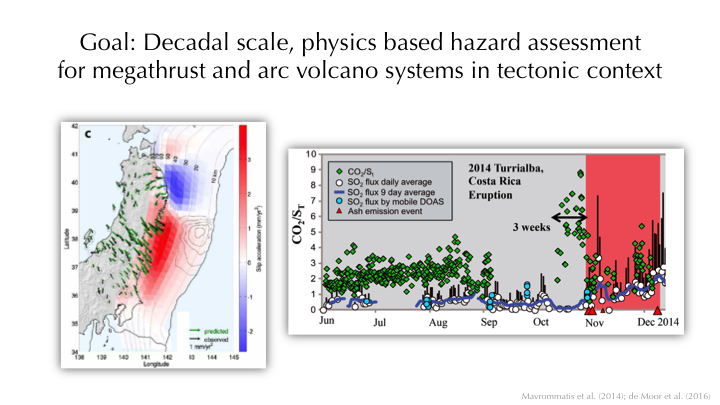
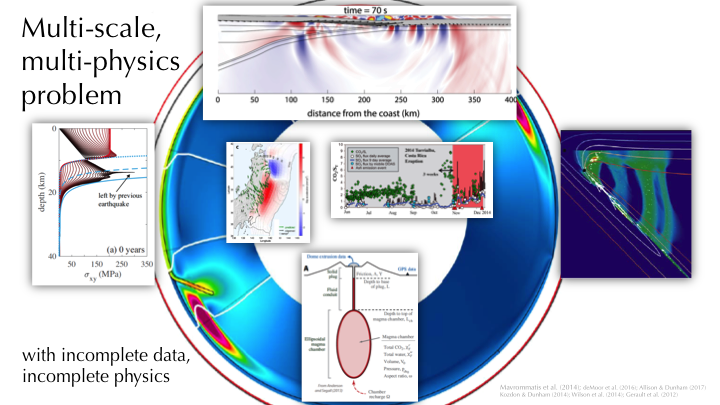
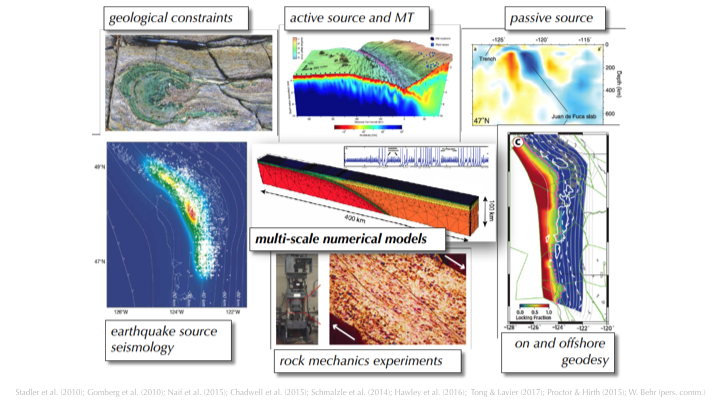
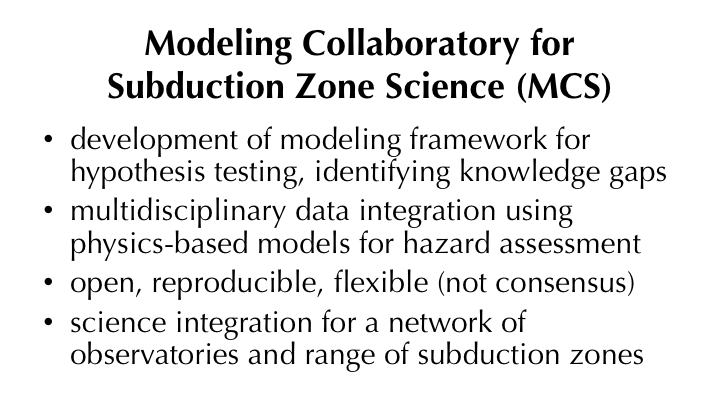
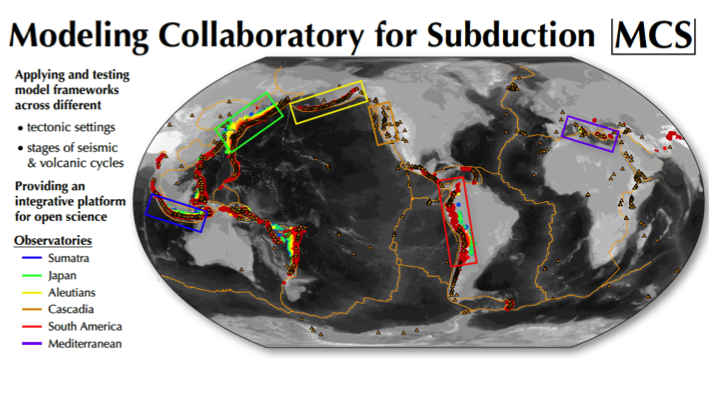
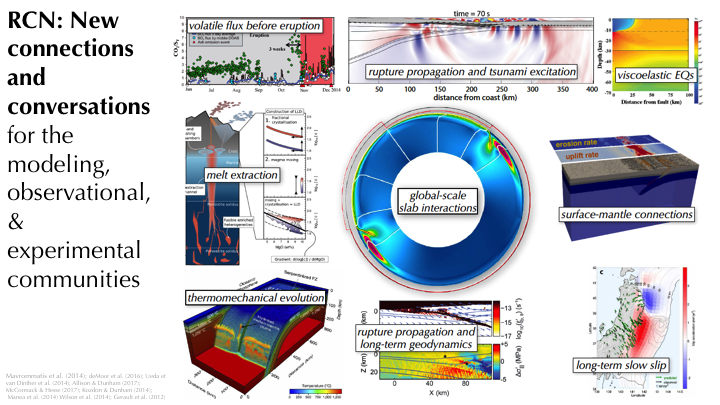


[about] [steering committee] [news] [contact] Follow @sz4d_mcs
|
The Planning for the Modeling Collaboratory for Subduction
(MCS) Research Collaboration Network (RCN) is a community effort
that was funded by NSF in September of 2018 as part of the
SZ4D process.
We organize workshops and webinars as well as support virtual collaboration among scientists studying subduction across all spatio-temporal scales. The goal is to prepare for a Modeling Collaboratory for Subduction, a new center for data-integrative modeling, including physics-based, decadal-scale hazard assessment for earthquakes, volcanoes and tsunamis. News and events
ContactThe MCS RCN is run by a steering committee and locally organized by Thorsten Becker at UTIG, UT Austin. For any questions, contact info@sz4dmcs.org.Steering Committee and Administrative Lead

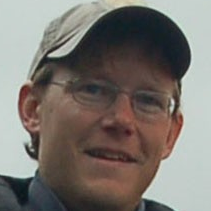
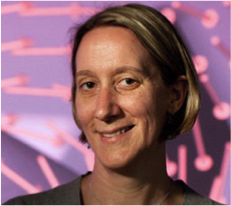

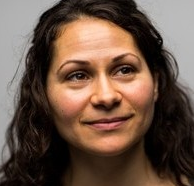
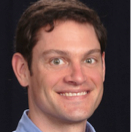
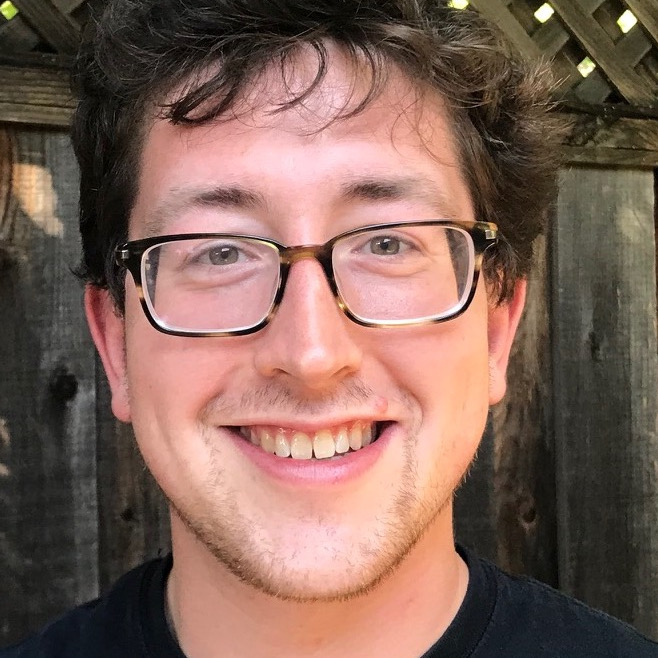
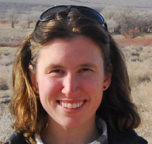
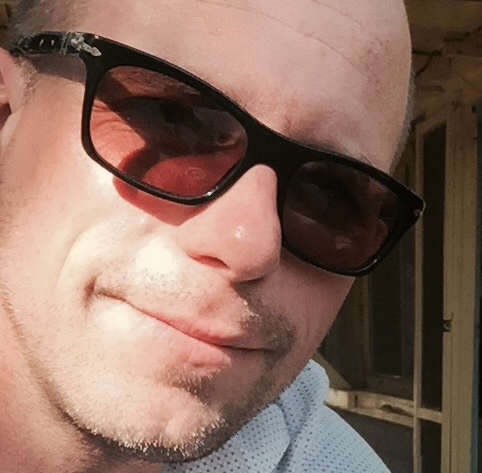
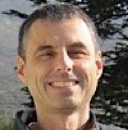
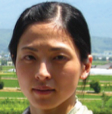
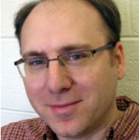
This RCN is intended to plan the specifics of a Modeling Collaboratory for Subduction Zone Science (MCS) within the SZ4D effort, and explore the science questions centered around developing physical models of short to long-term deformation associated with the megathrust and arc volcano systems, including and up to rupture and eruption. An effective MCS will be capable of integrating the constraints from international subduction zone observatories (i.e. heterogeneous sensor networks), as well as field and laboratory work into a physics-based, systems-level modeling framework that allows analysis of earthquake and volcano generating processes in subduction zones. Such an ambitious goal requires developing new tools, integration of formerly separate modeling efforts, evaluating approaches for crossing spatio-temporal scales, and identifying the knowledge gaps that limit our understanding of the multiphysics processes related to subduction zone hazards. This RCN will foster, guide and focus the discussion of possible pathways for establishing an MCS through a number of efforts, including a series of targeted, in-person workshops and a webinar series on cyberinfrastructure needs and capabilities. The MCS will provide the platform to empower breakthroughs in our understanding of the interactions between the short and long-term subduction dynamics processes that shape the planet. In particular, numerical simulations of physical models representing subsets of the subduction system will be built and queried for how they interact, and which boundary conditions and feedbacks need to be incorporated for a more complete understanding of each component. The MCS may also further insights into how interseismic, possibly preparatory processes, of volcanic and megathrust earthquake systems can be interpreted in a predictive way, with implications for hazard, forecasting, and early warning. The new scientific interactions enabled and supported by this RCN can form the first steps toward building the MCS. In particular, this RCN will serve to identify knowledge gaps and serve to evaluate the tools and strategies needed to implement an MCS that is capable of leveraging the rich data sets from international subduction zone observatories to create a new generation of multiphysics and multiscale models. [about] [steering committee] [news] [contact] Follow @sz4d_mcs |
Updated: September 28, 2018.